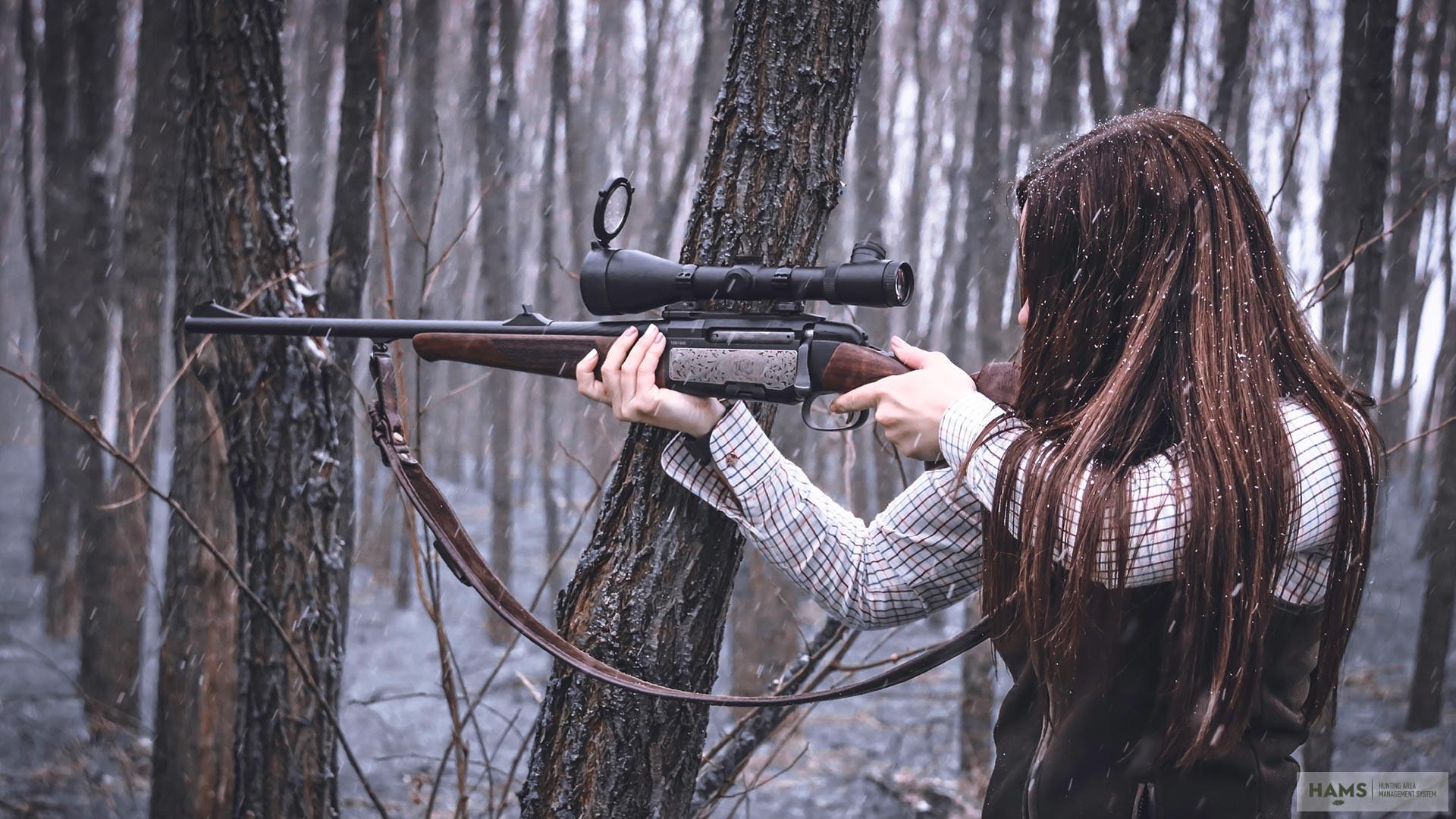What we’ve learnt from the pandemic’s impact on wildlife management
There is this common argument that I often hear that if left to its own devices wildlife would thrive but one thing that the lockdown has actually demonstrably proven is that this is not the case at all.
Various studies have already been published,
- Whether that’s invasive species that are killing native species.
- Whether that’s poachers exploiting the lack of funding to anti poaching schemes.
- Whether that’s conservation efforts that no longer have funding or with staff that are not allowed to travel to do their work.
It’s also worth pointing out that a lot of animals have come to rely on human activity.
Certain species such as the red kite which are opportunistic eaters and which often eat scraps of food discarded by humans are no longer able to find the sustenance they need to survive.
A number of species of birds also rely on roadkill and as unpleasant as that may seem those species themselves are then in danger.
These highlight the intrinsically linked coexistence humans have with the wildlife and with the environment.
If we then look at the wider picture in poorer countries in the world the lockdown has left a lot of people unemployed and struggling financially or even worse they are starving, because the local meat market strongly relies on hunting tourism, which has dramatically increased incidences of poaching.
Joseph Wallsten of the wildlife conservation society based out in New York “in places like Southeast Asia there’s been a huge urban to rule migration where people have lost their jobs in the cities over a short period of time. Those people are now having to rely on poaching and other activities which are degrading nature.“
This has also been the case in large parts of Africa as well as Asia and according to the nonprofit Conservation International in Africa has been one of the main drivers and challenges facing people in finding the next meal.
In Africa a reduction in income from hunting activities has driven down the ability of local anti poaching organisations and movements to counter poaching of extinct species including the rhino.
Poachers have seen the diversion of funds away from law-enforcement and anti poaching activities towards COVID-19 related duties as an opportunity.
What a lot of people that consider themselves to be anti hunting don’t understand is that a lot of the money generated by hunting activities both in Africa but also closer to home provide huge amounts of money that goes both directly and indirectly towards the conservation of the very animals they purport to be trying to support. Also in Africa the access to meat depends heavily on hunting activity. Whether you like it or not, an elephant provides 4 tonnes of meat for the locals.
UK-based wildlife charity People's Trust Endangered Species is one such organisation that is highlighting the fact that wildlife conservation both within the UK and internationally is in danger of being forgotten during the pandemic and the decades of conservation work done will be lost through neglect and unintended consequences.
Again another victim of the lack of revenue being generated are the many conservation projects that are taking place around the world.
A lot of people have taken an interest in social media images showing animals in urban locations they wouldn’t normally have entered. For instance wild bulls in the centre of Barcelona, mountain goats in the Welsh town, mice in London underground stations.
Although these images of themselves are harmless, unfortunately what happens is the animals believe these are safe areas for them.
When human activity begins again these animals will unfortunately fail foul of those areas where human and animal activity overlap.
Cover photo by Petra Mészáros Visit her Instagram profile and give her a few hearts!




